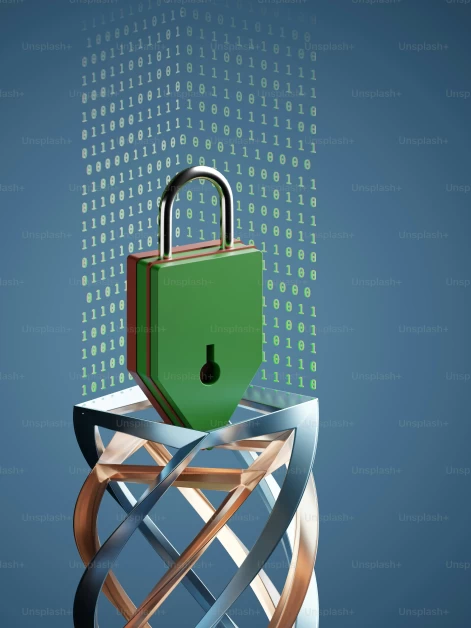Table of Contents
VPN services have become an essential tool for securing online privacy during everyday browsing. Short for virtual private network, a VPN is versatile software that spoofs your IP address and encrypts the data leaving a device. However, the level of protection offered differs significantly from provider to provider. In a study conducted by researchers at PrivacyTutor, they examined 144 services to understand how serious these companies actually are about the privacy of their users. The findings revealed some concerning trends, including the violation of GDPR provisions by over two-thirds of the providers analyzed.
The Impact of VPNs on Tracking Cookies
Web tracking refers to the collection and sharing of information about a specific internet user’s online activities. Web trackers hide in the code to gather data in the background for different purposes such as running ads, analytics, and profiling. The researchers found an astonishing number of tracking cookies across the majority of VPN providers’ websites and Android apps. Many companies didn’t even provide the option to opt-out from this tracking, which is in complete breach of current GDPR rules.
According to attorney Phil Salewski of IT-Recht Kanzlei Munich, if VPN providers use cookie-based tracking and web analysis services without obtaining prior express and voluntary user consent, they are violating applicable data protection laws. This means that individuals who are ready to make a purchase to improve their online privacy may actually be putting themselves at risk and unknowingly allowing their data to be tracked.
Around 72% of VPN services (104 out of 144) were found guilty of not complying with data protection laws by failing to ask for consent to tracking cookies. Some providers, like HideMy.name VPN, set cookies like Facebook or Google Analytics even when researchers didn’t give their consent to tracking. Only 24% (34 providers) do not use any tracking cookies on their website.
Failing No-Log VPN Promises
Another important aspect of VPN privacy is whether or not the software collects users’ usage data. No-log VPNs promise not to store any information on users’ activities, which is crucial for protecting privacy even in the case of law enforcement requests or data breaches. However, only a small fraction of VPN providers actually back up their promises with an independent security audit.
Out of the 80% of VPN services claiming to not store any usage logs, only 17% of them have had an external audit on their privacy policy. Some providers claim to have a no-logs policy but, upon closer inspection of their privacy policies, it becomes clear that they engage in tracking through third-party partners. This undermines the intended purpose of a VPN, which is to provide privacy and security for users.
For example, Planet VPN, also known as Free VPN Planet and Planet Free VPN, states in its Privacy Policy that its VPN app may show ads in Free Mode and that by accepting the Privacy Policy, users also accept the Privacy Policy of their ad partner. This ad partner collects a significant amount of tracked information, including IP addresses, cookie identifiers, mobile advertising identifiers, location data, and more.
Overall, tracking users has no place in the VPN industry, and it’s clear that a large portion of the industry is set on exploiting users for their own gain. It is recommended to choose trusted VPN services that prioritize user privacy and do not engage in tracking.
Anonymous Payment Options
When it comes to payment options, VPN providers generally offer several choices, including credit card, bank transfer, PayPal, and cryptocurrencies. However, complete anonymity is not always guaranteed, even when it appears to be. The researchers found that 56% of examined providers offer anonymous payments via Bitcoin and other cryptocurrencies. However, many of them only allow these types of payment via intermediary companies, which compromises the anonymity of the transaction.
Only 5% of providers accept the most anonymous payment method, which is cash. These providers include Mullvad and ProtonVPN. Mullvad goes a step further by using a unique payment address to enhance anonymity.
It is important to note that not all VPN providers prioritize user privacy. While this may not matter to users who are simply looking for a VPN to unlock worldwide content, those who value their privacy should choose providers that prioritize user privacy and data protection.
Conclusion
PrivacyTutor’s research highlights the importance of choosing a VPN provider that takes user privacy seriously. With the increasing concerns surrounding online privacy, it is crucial to select a VPN service that not only encrypts your data but also respects your privacy rights. When choosing a VPN for privacy, look for providers with audited no-logs policies, a range of secure VPN protocols and security features, and consider the country where the company is headquartered.
It is recommended to opt for a service based outside of the 14 Eyes nations whenever possible. By prioritizing privacy and choosing a reputable VPN provider, users can protect their online privacy and ensure their data remains secure.
